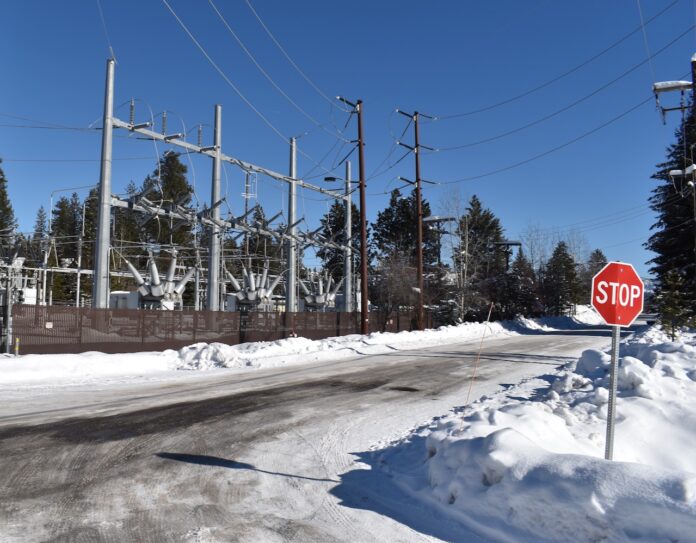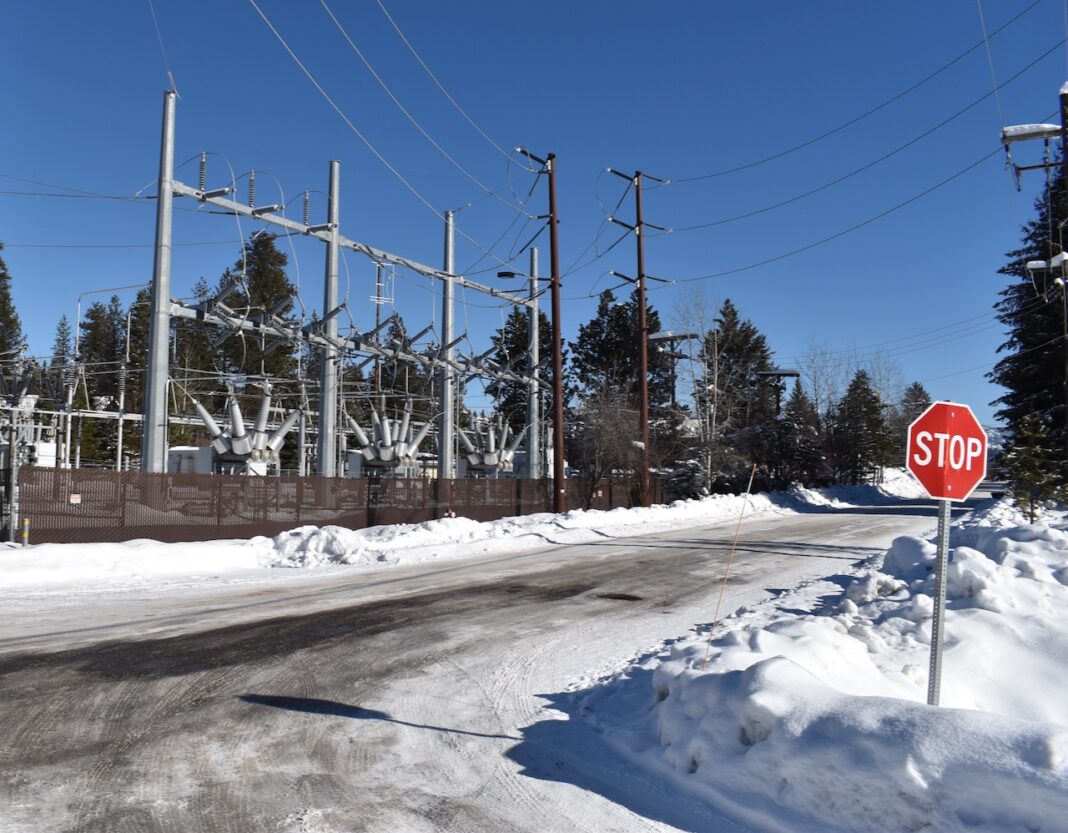Taxing districts across the state are estimated to owe $13 million to power companies following recent judgments by the Fourth Judicial District Court.
Three separate judgments, filed between Sept. 20 and Nov. 26, found that Idaho Power and Avista Utilities, a company that operates in northern Idaho, were overcharged on property tax bills from 2020 to 2022 in all but one of the state’s 44 counties.
The judgments require counties to refund the extra taxes and pay interest on them, an amount estimated at about $13 million, said Renee Eymann, a spokesperson for the Idaho State Tax Commission.
That includes about $2 million owed by taxing districts in Ada County and about $732,000, not including interest, owed by taxing districts in Canyon County, according to preliminary estimates provided by officials from each county.
BoiseDev first learned about the judgments on Monday during a meeting in which Valley County Commissioners began making plans to repay $107,000 the county owes to Idaho Power, which includes $21,000 in interest.
Tax credits issued
The commissioners approved issuing 2025 tax credits to the utility company to settle the $86,000 in extra property taxes collected by Valley County during the three-year period.
The error stems from valuations on Idaho Power’s “operating property,” which is assessed by the state tax commission instead of by county assessors, who are responsible for valuations on real estate property and personal property.
The assessment methods used by the state on Idaho Power’s power lines, which are classified as operating property, inflated valuations from 2020 to 2022, according to the district court ruling.
“That’s so frustrating to me—the fact that our taxpayers are going to pay this back, plus interest, on a state issue,” said Sherry Maupin, who chairs the Valley County Commission.
Interest payments in limbo
The commissioners held off on deciding how to re-pay the interest in hopes that the Idaho Legislature will authorize funds to cover the payments, which apply to nearly every county in the state.
“I do think it is wise to see what the legislature comes up with,” Valley County Treasurer Johanna Defoort said.
Idaho Power agreed to stop accruing interest on the money owed as of Jan. 1 on the condition that counties establish plans before 2026 to re-pay the debt, Defoort said.
Without donors like you, this story would not exist.
Make a donation of any size here
Bracing for 2026 shortfall
The 2025 tax credits approved by Valley County mean that 18 of the county’s 25 taxing districts are likely to collect fewer property taxes than expected for 2026 operations.
“I don’t know that any of these taxing districts are aware of what’s happening,” Defoort said. “I’m definitely willing to work with them on whatever solution they need to be able to operate this year and plan for next year.”
Amounts owed by the taxing districts range from nearly $36,000 owed by Valley County to $25.98 owed by the McCall Cemetery District, according to data Defoort provided to BoiseDev.
The alternative to issuing the tax credits was for the county to directly refund the money to Idaho Power and then seek re-payment from each taxing district.
“I have concerns with trying to claw it back from them,” Maupin said. “They’ve already done their budgets. They already are spending it as we speak.”
The $108,000 owed by Valley County is less than 1% of the estimated $13 million owed statewide.
Most of that money, or about $10 million, is due to Idaho Power, while the other $3 million is due to Avista. Boundary County is the only of Idaho’s 44 counties that does not owe money to either company, Eymann said.
Lawsuit
The judgments followed a lawsuit filed by Idaho Power and Avista in 2020 that claimed the companies’ power lines were being over-valued by the state tax commission relative to railroad tracks, which, like power lines, are classified as “operating property.”
The lawsuit was based on the Railroad Revitalization and Reform Act of 1976, a federal law known as the 4-R Act, and the Uniformity Clause in the Idaho Constitution.
The 4-R Act requires railroad tracks to be valued similarly to other types of commercial property, while the Uniformity Clause requires the same valuation methods to be used on properties of the same class.
The district court initially ruled in favor of the tax commission, which argued that the 4-R Act, as a federal law, preempted the state constitution’s Uniformity Clause and, therefore, was only applicable to railroad tracks.
Supreme court ruling
However, that ruling was appealed to the Idaho Supreme Court, which in 2023 remanded the case back to district court after finding that companies’ power lines should be assessed “uniformly” to railroads since both are classified as operating property.
“While the 4-R Act is more specific, both the Act and the Idaho Constitution share the same purpose: to prohibit discriminatory taxation,” Chief Justice Richard Bevan wrote in a decision supported by fellow justices Robyn Brody, Gregory Moeller, and Colleen Zahn.
The tax commission argued that interpreting the laws in tandem “would shift property tax burden onto residential and other property types,” which represents “a policy decision the legislature has not chosen to make.”
“These policy concerns are the province of the legislature, not this court,” Bevan wrote in the court’s opinion.
BoiseDev’s Margaret Carmel & Erin Banks Rusby contributed reporting.






